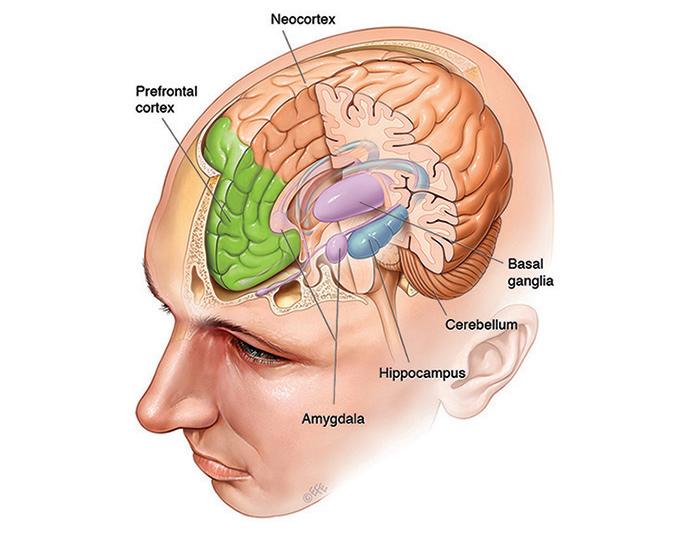The roommate of
our foster daughter is somewhat estranged from her mother and through the
grapevine last week, discovered that her mother had had a preliminary diagnosis
of breast cancer. It turned out to be benign cysts, but my wife raised the
immediate question: Why do so MANY women have breast cancer?
A legislator in
the district in which I live sent an email to her constituency that she had
finished a recent session (though it ended deadlocked and a special session is
in the works). She also shared that she was in the final stages of ovarian
cancer and she was in hospice. We all raised the question: Why do so MANY women
have cancer?
Is it something in
the environment? Is it the fast food and processed foods we eat constantly? Is
it because we’re living longer that cancers get a chance to grow? Is it because
we’re better at detection now and deaths that were at one time “unexplained”
now have a clear cause?
Well, a dose of
the facts never hurt anyone – it only shakes preconceived notions and
perceptions.
FACT: Incidence of
Breast Cancer
1975-80 – held steady at 110/100,000 women
1980-87 – increased by 4% per year
1987-1994 – held steady at 140/100,000 women
1994-99 – increased by 2% per year
1999-2006 –
decreased by 2% per year to 120/100,000 women
What causes breast
cancer? The short, concise answer is: “Don’t know, trying to find out.”
There are risk
factors – none of which are related to the environment or food additives. In
order, they are advancing age, family history, use of hormones, high doses of
radiation (ie – nuclear reactor), obesity, booze and a fatty diet.
So as people get
older and exercise less they increase the risk of breast cancer. The perception
that it’s everywhere, while frightening, isn’t exactly true – HOWEVER the fact
that the longer you live the more friends you have is an observable phenomenon.
That increase in the number of friends makes it a statistical certainty that
your chance of knowing someone with breast cancer will approach 100%.
This all
means…what?
For me it means I
will continue to write this blog; next year I will join one of the endurance
events targeting fund raising to find a cure for breast cancer and I’ll speak
at Cooper’s Relay For Life like they asked me to do this year.
It means we’ll all
keep fighting, bankrolling, inspiring and looking for ways that a cure for one
kind of cancer can apply to another kind of cancer.
UPDATE: Even at
the beginning of the second decade of the 21st Century, no one has
bothered to answer the question. You can REAMS of words, but no answers Why
hasn’t breast cancer been eliminated? Why isn’t there a CURE for breast cancer?
Everyone on Earth is at some level of risk for breast cancer (and YES, dad
blast it!, MEN have breast cancer, too! Whether you’re an Evolutionist or a
Creationist, males and females have the same layout – hormones that flood the
body shortly after CONCEPTION are activated by certain parts of the SECOND
X or Y chromosome (all Humans have one X chromosome…), so all of the “stuff” is
there! So men can and do get breast cancer…) Why DON’T scientists find a cure?
The National Breast Cancer Coalition has this to say: “ But until we better
understand the biology and progression of the disease, being ‘cancer-free’ is
not the same thing as being cured. And we cannot tell any individual woman
at the end of her treatment that she is ‘cured.’ We just do not know. It’s
hard to look at the disease in this way—it seems pessimistic.”



